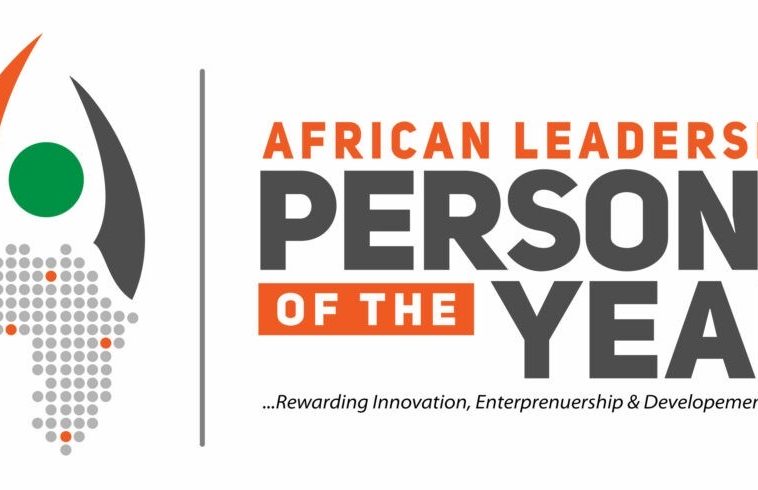Riding the crest of unprecedented climate upheaval, Africa faces mounting challenges. Crop yields spiral downward in the face of climate tantrums, and water scarcity surges. The spectre of disrupted supply chains and inflated raw material costs looms large, painting a stark picture for the future. But in this crucible of chaos, there is a golden opportunity for businesses to embrace sustainability. It’s not merely a choice; it’s the bedrock for future-proofing ventures against the vagaries of climate change while driving competitive growth.
A beacon of hope glimmers on the horizon—businesses fueling the sustainability engine, leading the charge in battling climate change, and seizing the initiative on carbon taxation. Armed with foresight, these enterprises strive to satisfy customer demands, supercharge production, and slash expenses.
However, it’s no secret that business practices play a pivotal role in climate change. Economic activities, driven by businesses, pump out CO2 emissions, acting as a catalyst for climate chaos. To avert this looming disaster, businesses not only need to adapt but also innovate, marching in step with environmentalists’ calls for climate justice.
The brunt of this global upheaval falls heavily on developing nations, many of which reside in Africa, their landscapes teetering on the precipice of climate catastrophe. The numbers paint a harrowing picture: all ten of the world’s most climate-vulnerable nations call Africa home. The repercussions are visceral: extreme droughts are scorching the lands, pushing millions towards the grim reality of food and water insecurity.
The gravity of the climate emergency bears heavily on African businesses. Startling findings from the British International Investment Emerging Economies Climate Report echo this sentiment, revealing how climate change already sinks its teeth into 68% of surveyed companies.
Take, for instance, the Mo Ibrahim Foundation’s survey uncovering African businesses grappling with drought (23%) and floods (39%). Surprisingly, while floods dominate occurrences, it’s the arid spectre of drought and water stress that haunt African enterprises, highlighting the growing significance of sustainability on a global scale.
Amid this turbulence, Africa undergoes a metamorphosis in its business fabric, pivoting towards sustainability. This shift is fuelled by a keen awareness of its unique environmental, social, and economic landscape. This acknowledgement is not just a resolution but a pathway, birthing innovation, opportunities, and a promise for a prosperous future.
Central to resolving these challenges and unlocking new vistas is the fulcrum of sustainability. It’s the key that opens the door to innovation and secures Africa’s future. The continent teems with promise, presenting a rare chance to weave together economic growth and ecological guardianship. Enterprises like the Tony Elumelu Foundation stand as torchbearers, empowering young Africans and championing sustainable development across the continent.
Africa stands at a crossroads, a canvas splashed with both opportunities and challenges. With a burgeoning population and surging urbanisation, the continent rides the wave of economic growth. But this growth hinges on a vital factor: sustainability. An eco-conscious approach is crucial to halting the relentless march of climate change and safeguarding the environment.
This sustainable trajectory is not just an economic imperative but the cornerstone of Africa’s future prosperity. The continent is brimming with renewable resources: arable land, wind, and solar energy. Prudent utilisation of these resources not only curbs environmental damage but also paves the way for long-term economic gains. Amidst Africa’s wealth of biodiversity lies its promise for a sustainable future, preserving unique ecosystems and diverse fauna.
Despite strides in curbing CO2 emissions and ozone-depleting compounds, Africa grapples with declining forest cover and struggles to ensure clean water and sanitation for all. Bridging these gaps necessitates a concerted effort, focusing on rural areas and the underprivileged, to foster holistic development.
In nations like Kenya, strides in business and human rights planning signal a collaborative approach, marrying private sector acumen with national development goals. Networks in South Africa and Tanzania steer businesses towards aligning with the Sustainable Development Goals, nurturing partnerships that bridge the gap between intent and implementation. Nigeria’s Local Network spearheads a transformative journey, uniting industry heads and policymakers to carve out sector-specific SDG targets, setting the course for responsible growth.
Corporate social responsibility (CSR) transcends being a buzzword; it’s the ethical compass guiding businesses. In the era of Environmental, Social, and Governance (ESG) standards, CSR acts as the vanguard for corporations, vital in steering business conduct. Africa’s journey through CSR and ESG reflects the transformative power of responsible business, shaping enduring change and heralding a brighter tomorrow.
The influence of CSR in Africa marks a seismic shift in mindset. Projects rooted in meaningful CSR lay the groundwork for sustained growth, fostering impactful change that resonates far beyond balance sheets. Embracing CSR means more than just moral responsibility; it signifies strategic relevance for multinational corporations and the countries they engage with.
Africa’s leap towards a responsible future hinges upon this transformation: ethical conduct, transparency, and collaborative power, breaking away from antiquated practices. Corporate social responsibility emerges not just as a moral obligation but as a strategic imperative, a force amplifying positive change and setting the course for enduring sustainability.”
This revision aims to inject a more vibrant tone, fostering engagement through a narrative that resonates and illuminates the critical significance of sustainability in Africa’s business landscape.


